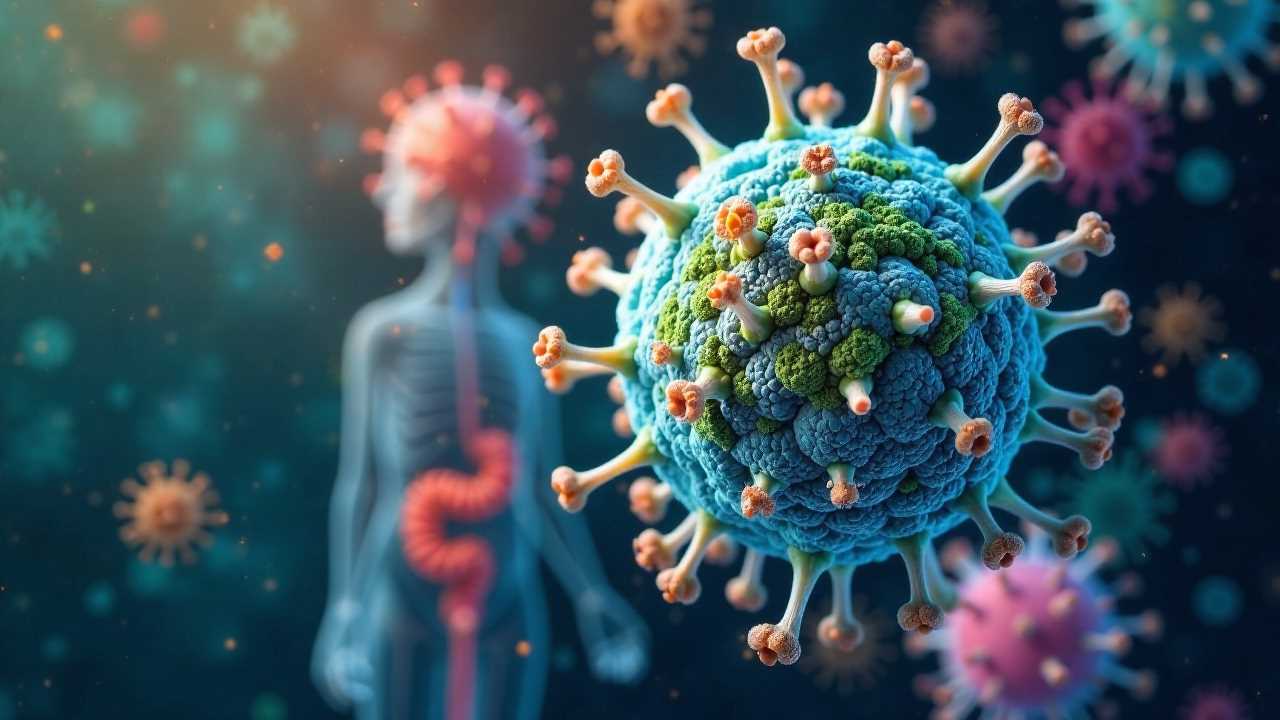
Understanding Gut Health Optimization
Gut health optimization is a vital aspect of overall well-being that focuses on maintaining a balanced and functional digestive system. The gut, often referred to as the "second brain," plays a crucial role in our health, influencing everything from our immune system to our mental health. By mastering our microbiome, we can significantly improve digestion, enhance nutrient absorption, and reduce inflammation, leading to a healthier life.
The Microbiome: The Foundation of Gut Health
The microbiome consists of trillions of microorganisms residing in our intestines. These bacteria, fungi, and viruses work synergistically to aid in digestion, synthesize vitamins, and protect against harmful pathogens. A diverse microbiome is essential for gut health optimization, as it ensures that various functions are performed efficiently.
To cultivate a healthy microbiome, we should focus on dietary choices that promote diversity. Consuming a wide range of fruits, vegetables, whole grains, and fermented foods can help foster a thriving microbial community. Foods rich in prebiotics, such as garlic, onions, and bananas, serve as nourishment for beneficial bacteria, encouraging their growth and activity.
Improving Digestion: The Role of Probiotics
Probiotics are live microorganisms that confer health benefits when consumed in adequate amounts. They play a significant role in gut health optimization by enhancing digestion and maintaining the balance of the microbiome. Probiotics can help alleviate common digestive issues such as bloating, gas, and constipation.
Incorporating probiotic-rich foods into our diet, such as yogurt, kefir, sauerkraut, and kimchi, can support digestive health. Additionally, probiotic supplements are available for those who may not get enough from their diet. It is essential to choose high-quality probiotics that contain specific strains known to benefit gut health.
Nutrient Absorption: The Key to Optimal Health
Nutrient absorption is a critical component of gut health optimization. The gut is responsible for breaking down food and absorbing essential nutrients, including vitamins, minerals, and macronutrients. When the gut is functioning optimally, we can maximize the benefits of the foods we consume.
Several factors can impact nutrient absorption, including the health of the gut lining, the presence of beneficial bacteria, and the overall balance of the microbiome. To enhance nutrient absorption, we should focus on maintaining a healthy gut lining by consuming anti-inflammatory foods, such as fatty fish, nuts, and leafy greens. These foods can help reduce inflammation in the gut, promoting a more efficient absorption process.
Reducing Inflammation: A Holistic Approach
Chronic inflammation in the gut can lead to various health issues, including inflammatory bowel disease, food intolerances, and even autoimmune disorders. Gut health optimization involves adopting a holistic approach to reduce inflammation and promote healing.
Incorporating anti-inflammatory foods into our diet is a crucial step in this process. Foods rich in omega-3 fatty acids, such as salmon and walnuts, can help combat inflammation. Additionally, spices like turmeric and ginger possess anti-inflammatory properties that can further support gut health.
Maintaining a healthy lifestyle is equally important in reducing inflammation. Regular physical activity, adequate sleep, and stress management techniques, such as meditation and yoga, can significantly impact gut health and overall well-being.
The Importance of a Balanced Diet
A balanced diet is the cornerstone of gut health optimization. By focusing on whole, nutrient-dense foods, we can provide our bodies with the necessary tools to maintain a healthy microbiome and support digestion, nutrient absorption, and inflammation reduction.
Incorporating a variety of food groups, including fruits, vegetables, whole grains, lean proteins, and healthy fats, ensures that we receive a broad spectrum of nutrients. This diversity not only supports gut health but also contributes to overall physical and mental well-being.
Monitoring Gut Health: Signs and Symptoms
Being aware of our gut health is essential for optimization. Several signs and symptoms can indicate an imbalance in the microbiome or digestive issues. These may include:
- Frequent bloating or gas
- Irregular bowel movements
- Food intolerances or sensitivities
- Unexplained fatigue
- Skin issues, such as eczema or acne
- Mood swings or anxiety
If we experience any of these symptoms, it may be time to assess our gut health and make necessary adjustments to our diet and lifestyle.
Taking Charge of Our Gut Health
Gut health optimization is a journey that requires commitment and awareness. By mastering our microbiome, we can significantly improve digestion, enhance nutrient absorption, and reduce inflammation. Through mindful dietary choices, the incorporation of probiotics, and a holistic approach to lifestyle, we can take charge of our gut health and pave the way for a healthier future. Prioritizing gut health not only benefits our digestive system but also contributes to our overall well-being, making it a vital aspect of our health journey.
 Business & FinanceHealth & MedicineTechnologyLifestyle & CultureScience & EnvironmentWorld NewsPrivacy PolicyTerms And Conditions
Business & FinanceHealth & MedicineTechnologyLifestyle & CultureScience & EnvironmentWorld NewsPrivacy PolicyTerms And Conditions
